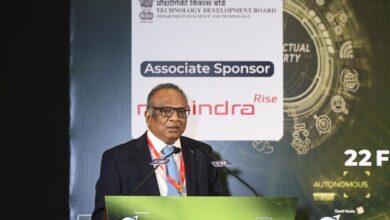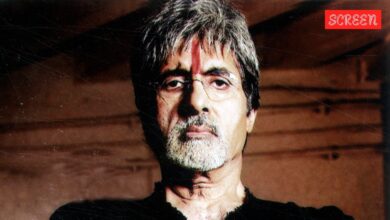‘Cash-at-judge’s door’ scam: HC allows re-examination of ten witnesses | Chandigarh News
Disposing of the CBI’s application, the Punjab and Haryana High Court has allowed the agency’s request for the re-examination of 10 witnesses before the trial court in a 16-year-old bribery case allegedly involving former judge of the Punjab and Haryana High Court Justice Nirmal Yadav.
The CBI had moved the high court challenging the order dated October 15, 2022, passed by the Special Judge, CBI Court, Chandigarh, which dismissed an application that sought to re-examine 22 prosecution witnesses.
The Special Public Prosecutor for CBI contended at the high court that the witnesses sought to be examined again under Section 311 of CrPC for a just decision of the case. The CBI also argued that the trial court had “erred” in dismissing the application by observing that the prosecution was attempting to fill lacunae in its case.
The counsel for respondents in the case, opposing the plea of the CBI, argued that this is the fourth application under Section 311 filed by the prosecution to re-examine 22 additional witnesses at a “highly belated stage” when the case is fixed for final arguments. The respondents submitted that the application amounts to an “abuse of process and is nothing but an attempt to conduct re-trial”. They also mentioned that several witnesses sought to be examined were earlier given up by the then public prosecutor. “A mere change of the prosecutor, at this stage, cannot justify recalling such witnesses,” the respondents said.
After hearing the arguments, a bench of Justice Manjari Nehru Kaul observed “the overarching objective of Section 311 of CrPC is to ensure that no material evidence, which is necessary for determining the truth, is left out due to inadvertence, oversight, or even a deliberate omission. The provision must be interpreted in a manner that furthers the cause of justice, ensuring that an innocent person is not wrongly convicted and that a guilty person does not escape punishment due to procedural or evidentiary gaps”.
“While the powers of the Court under Section 319 Cr.P.C. are wide, they are not unfettered. The Supreme Court has repeatedly cautioned that Section 311 cannot be misused to fill up inherent lacunae in the case of the prosecution. Therefore, a balance must be struck between the necessity of summoning additional witnesses for their evidence and the need to prevent undue prejudice to the accused,” Justice Kaul noted.
Further “principles of speedy and fair trial protected in the Constitution must be given their due weight and one cannot be sacrificed for the other,” the bench said, adding that “merely because allowing the application under Section 311 may delay the conclusion of trial, it cannot be a ground to deprive the complainant of its right to a fair trial. The court must, while striking a balance between the two, apply its mind to the necessity of the evidence to be led under Section 311 in order to arrive at a just decision in the case”.
Story continues below this ad
The high court thus allowed re-examination of 10 witnesses necessary for just adjudication of the case coupled with the fact that no prejudice would be caused to the accused as the defence would get an opportunity to rebut the evidence.
The case dates back to August 13, 2008, when a packet allegedly containing Rs 15 lakh which was supposed to be delivered at former Justice Nirmal Yadav’s residence, was wrongly delivered at the residence of then Punjab and Haryana High Court judge, Justice Nirmaljit Kaur. Justice Kaur received the packet at her residence from her staff member, who said that some person had brought it relating to the papers of a case from Delhi. She said she was shocked when she opened the packet as it contained Rs 15 lakh cash. The judge then reportedly summoned the police and informed them about the cash being delivered at her residence. The Chief Justice of Punjab and Haryana High Court was also informed.
An FIR was registered by the Chandigarh Police on August 16, 2008. However, 10 days later the then UT Administrator transferred the investigation to CBI, which registered an FIR on August 28, 2008.







